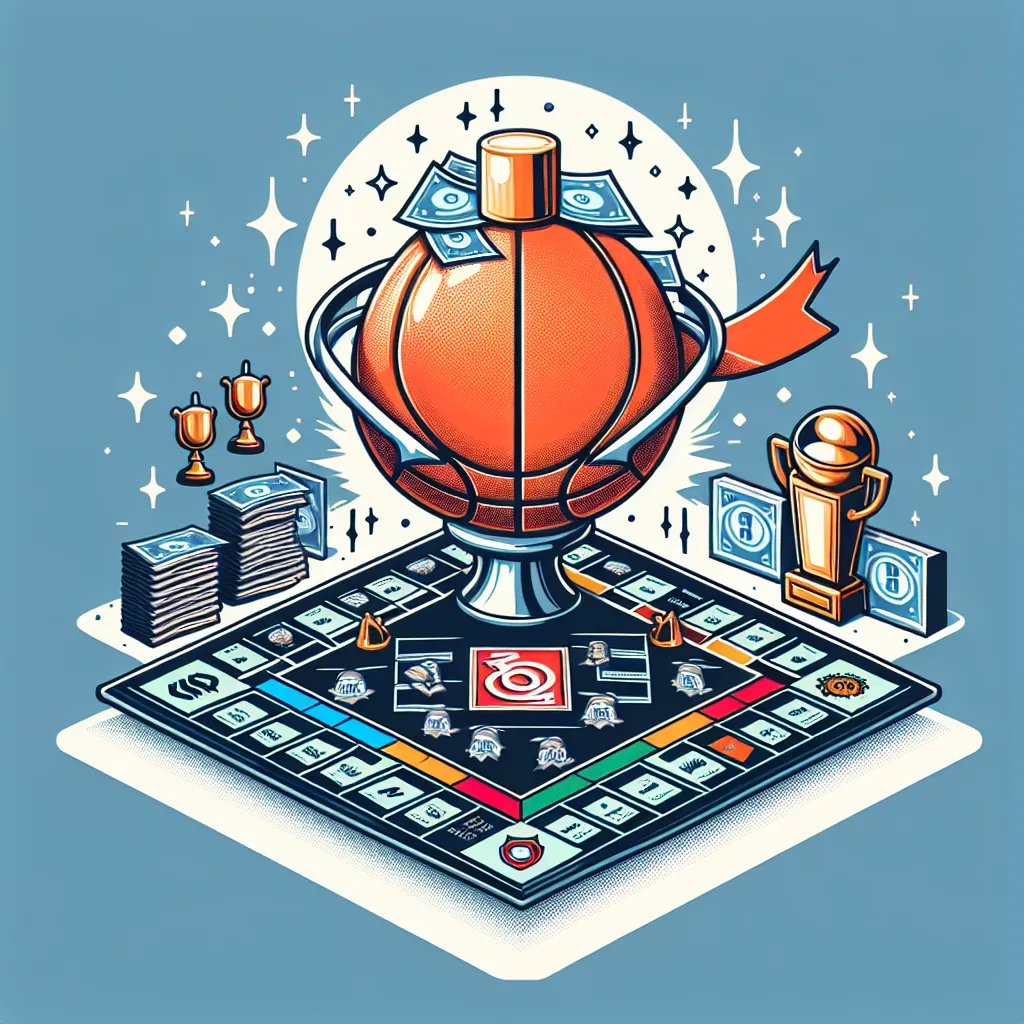The Big Baller Brand (BBB) emerged in the competitive world of sports fashion as a distinctive and ambitious player. Founded by LaVar Ball, the brand quickly became synonymous with boldness and innovation, challenging established norms in the industry. Despite varying opinions on its achievements, there is no denying that BBB has reached significant milestones, generating discussions about its monopolistic tendencies and its most notable successes. This article examines whether Big Baller Brand can indeed be deemed successful and highlights the pivotal victories that have defined its trajectory.
While the notion of a monopoly traditionally involves a single entity dominating an entire market, BBB’s presence is more subtle yet impactful. By capitalizing on the fame of the Ball family and adopting unconventional marketing strategies, BBB has captured a unique niche within the sportswear market. The company’s direct-to-consumer approach bypasses traditional retail giants, allowing them to retain greater control over pricing and brand narrative. This strategy, while not fitting the classic monopoly mold, has given BBB a form of dominance within its specific audience segment, creating a self-sustaining ecosystem of brand loyalty and media intrigue.
Defining success for Big Baller Brand goes beyond just sales figures and market reach. One of the key indicators of BBB’s success is its ability to cultivate a strong, recognizable brand identity that resonates with its target audience. The debut of BBB’s sneakers, particularly the ZO2 line, saw impressive initial sales, indicating the market’s readiness to embrace new entrants who bring something fresh to the table. However, BBB’s ambitions extend beyond products to cultivating a culture that marries sports and entrepreneurship, inspiring a generation to challenge the status quo.
LaVar Ball’s audacious marketing antics have certainly contributed to BBB’s sustained presence in the public eye. From assertive statements and media appearances to the strategic use of social platforms, LaVar maintains a charismatic front that ensures BBB remains a topic of conversation. This strategy has been particularly effective in engaging a younger demographic, who value authenticity and disruptor brands that challenge conventional paths to success. The brand’s resonance is amplified by its narrative of empowerment, capturing the spirit of those who dare to be different.
Among BBB’s most notable achievements is the establishment of the Junior Basketball Association (JBA), an exciting, albeit short-lived, project aimed at creating an alternative path to professional basketball for young athletes. The league highlighted BBB’s commitment to innovation and was a testament to its willingness to invest in uncharted territories. Although the JBA was ultimately discontinued, it represented a significant milestone in BBB’s journey, showcasing the brand’s ambition to influence not just sportswear, but the broader sports ecosystem as well.
BBB’s resilience in the face of challenges is another noteworthy win for the brand. Despite initial setbacks with production and delivery issues, as well as public scrutiny, BBB has persevered. Learning from these experiences, the brand has recalibrated its operations, demonstrating adaptability and fortitude in maintaining its market presence. This tenacity has allowed BBB to persist where other new brands might have faltered, underscoring a deeper level of success rooted in cultural relevance and brand evolution.
In summary, while Big Baller Brand might not hold a monopoly in its truest form, it has undoubtedly carved out a distinct segment within the sportswear industry. Its success is reflected not merely in financial outcomes but in the cultural and entrepreneurial inspiration it provides. With a devoted fanbase and a penchant for challenging the old guard, BBB’s future remains promising. As it continues to innovate and expand, the brand stands as a testament to how charisma, strategic vision, and resilience can define success in the modern marketplace.




